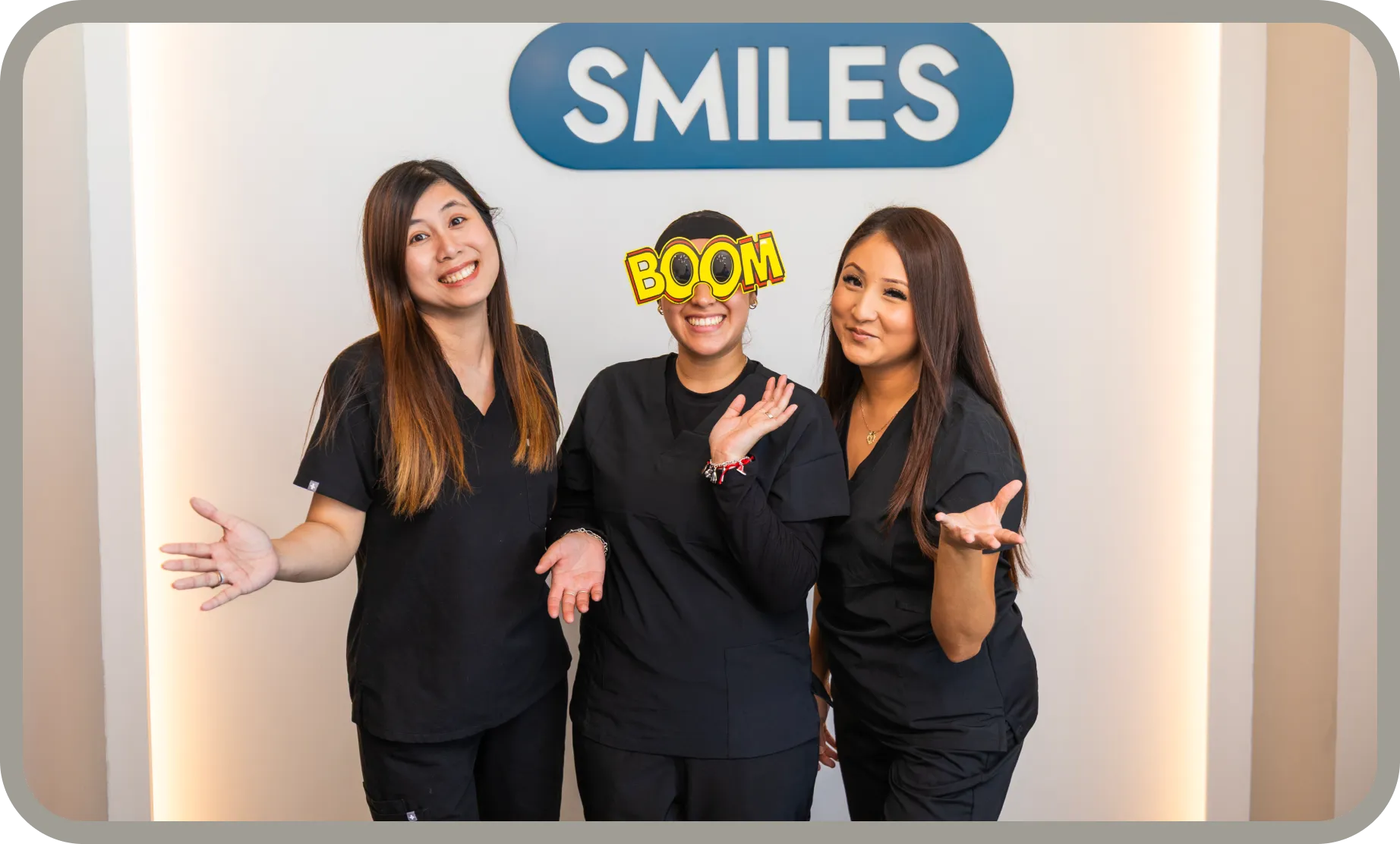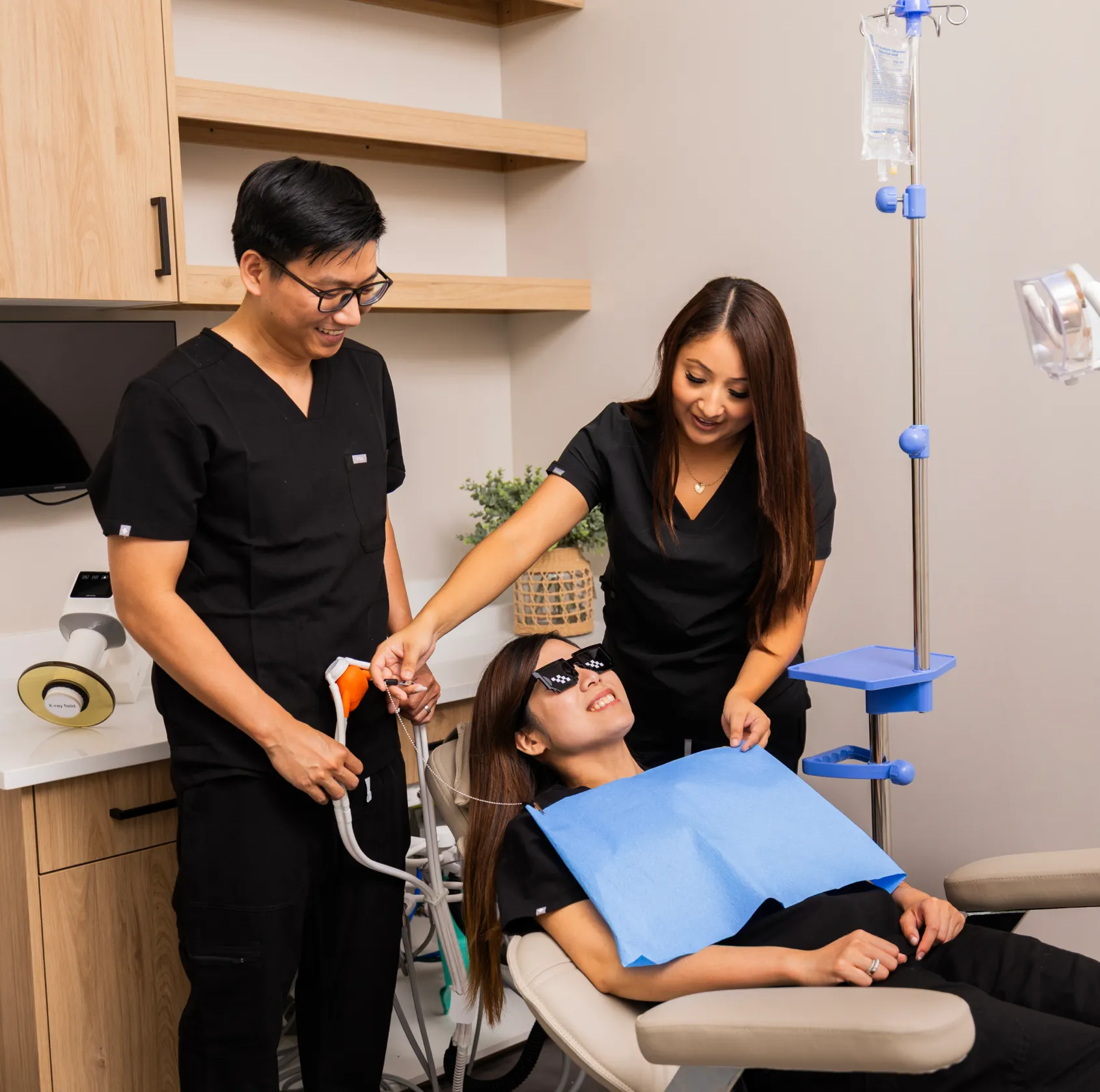
We understand the importance of making you feel at ease. Our team listens to your concerns and makes sure you feel comfortable with every step of the procedure. Whether you’re anxious about the surgery or worried about the recovery process, we are here to support you.
Our office uses the latest in digital X-ray and 3D imaging technology to ensure we have a clear picture of your wisdom teeth and can plan for the most efficient and comfortable removal.
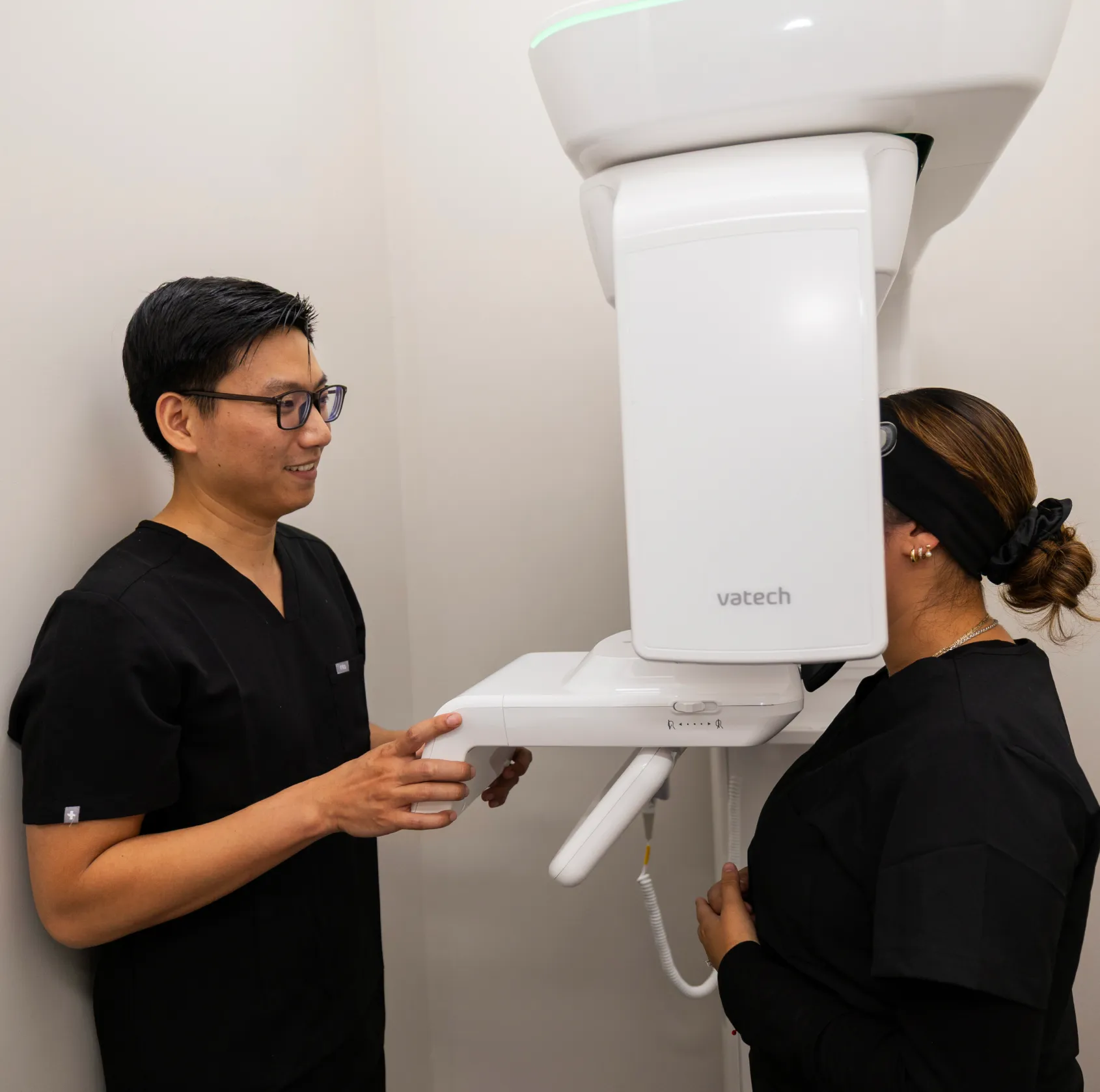
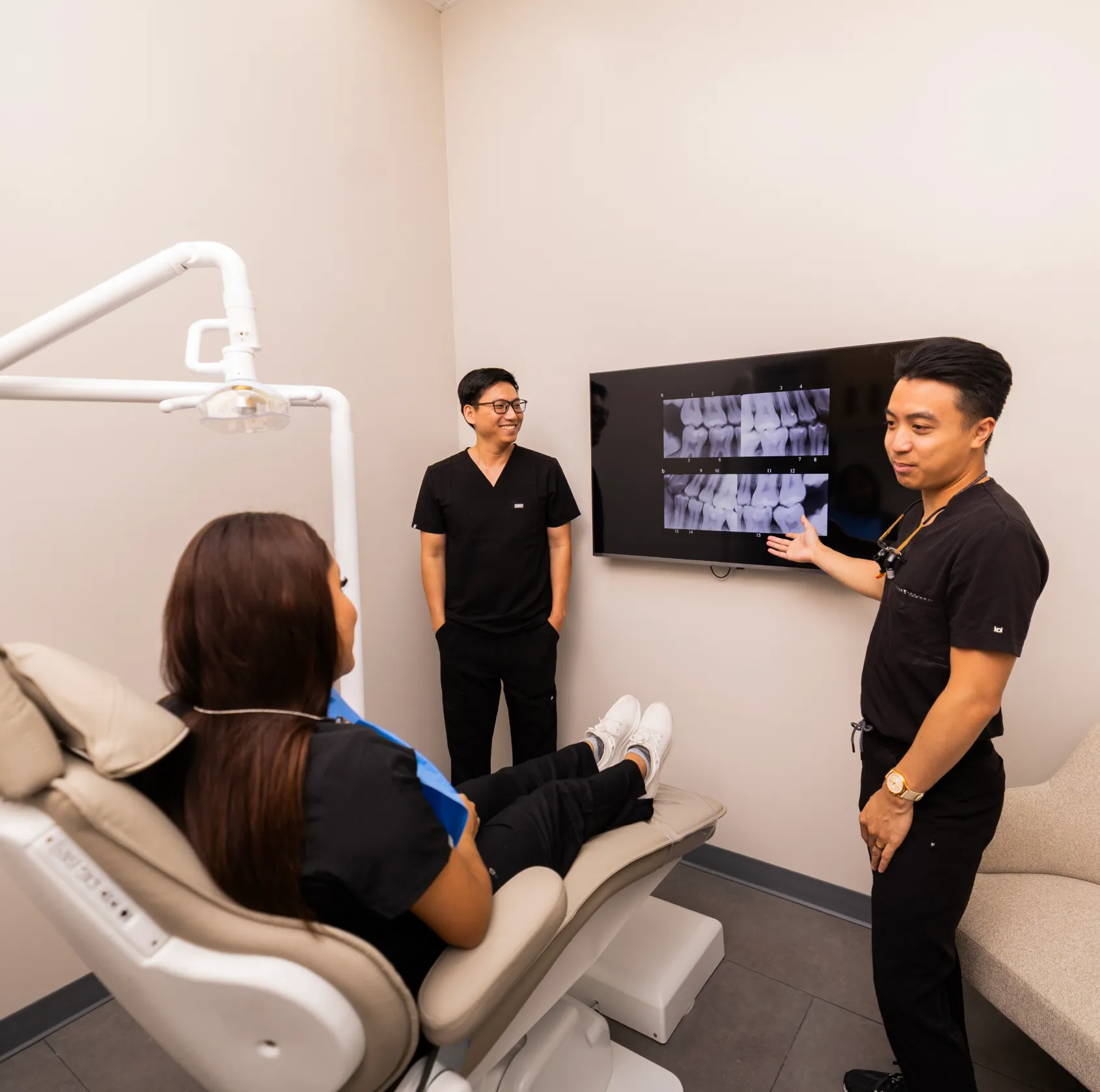
Every patient’s needs are unique, and we customize our approach to ensure that your removal procedure fits your specific situation. From sedation options to recovery tips, we make sure you’re well-informed and confident in your care.
Your wisdom teeth are the last set of molars that come in during your late teens or early twenties. Sometimes, there isn’t enough room in your mouth for them, which can cause problems like:
Removing your wisdom teeth early can help prevent these issues and protect your overall oral health.

We start with a thorough consultation where we take X-rays and evaluate the positioning of your wisdom teeth. Based on this information, we’ll explain whether removal is necessary and discuss your options.
We offer several sedation options to ensure you’re completely comfortable during the procedure. Depending on your needs, we can use local anesthesia to numb the area, or we may recommend IV sedation for a deeper level of relaxation, especially if the removal involves multiple teeth.
The removal itself is typically done in a simple procedure where your dentist or oral surgeon will carefully remove the wisdom teeth. This can usually be done in our office, and most patients go home the same day.
After the procedure, we’ll provide you with clear instructions on how to manage your recovery, including how to care for your mouth, manage swelling, and what foods to eat. We also schedule a follow-up appointment to ensure your recovery is progressing as expected.
After your procedure, your recovery is just as important as the surgery itself. We’ll provide you with detailed aftercare instructions to help manage swelling and discomfort, and we’ll be here to answer any questions as you heal.We recommend:





We’ve created a relaxed, welcoming space with little touches that help you feel at ease every time you visit.
Need care on short notice or outside typical hours? We offer flexible scheduling and same-day emergency visits to fit your life.
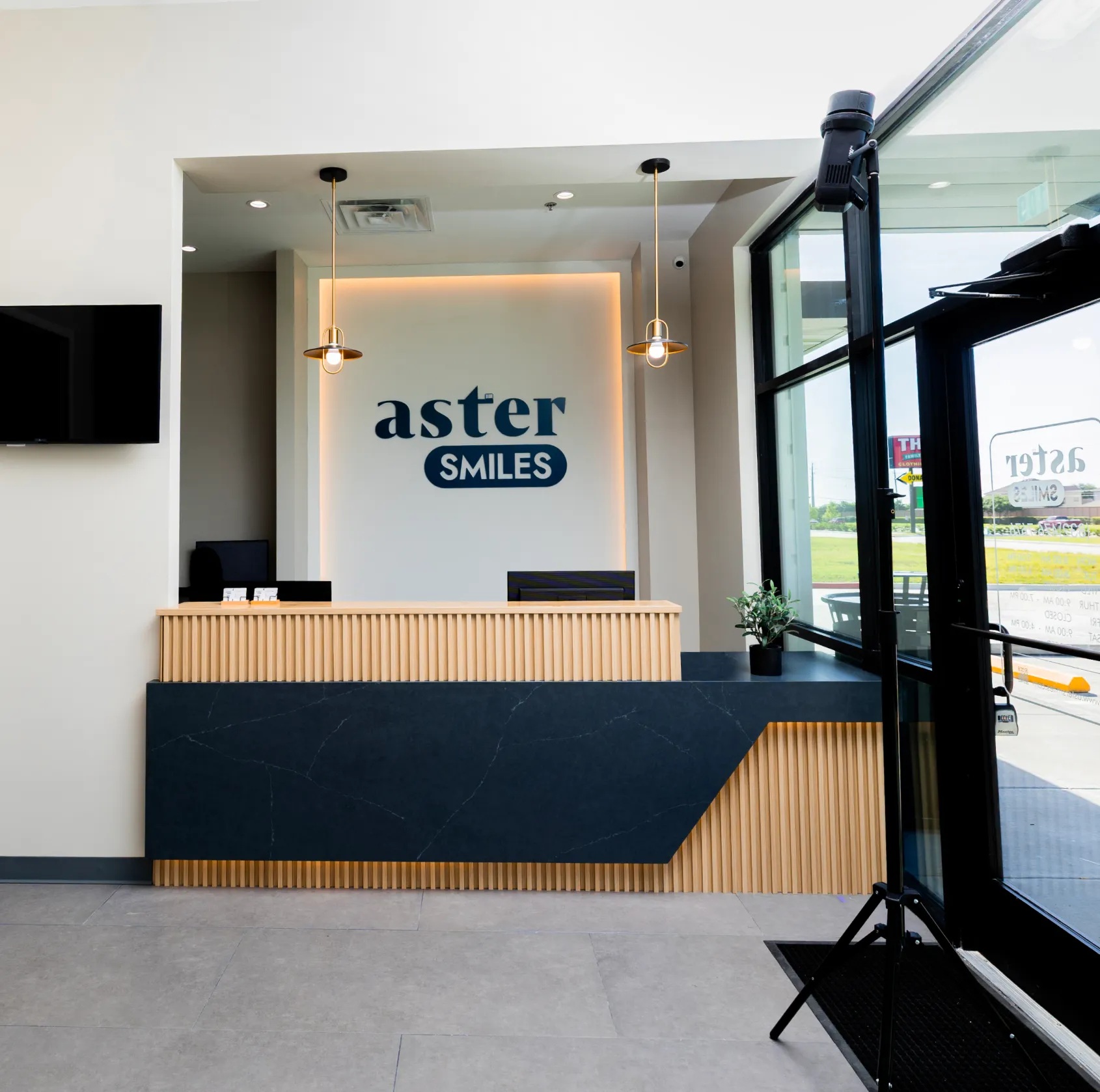
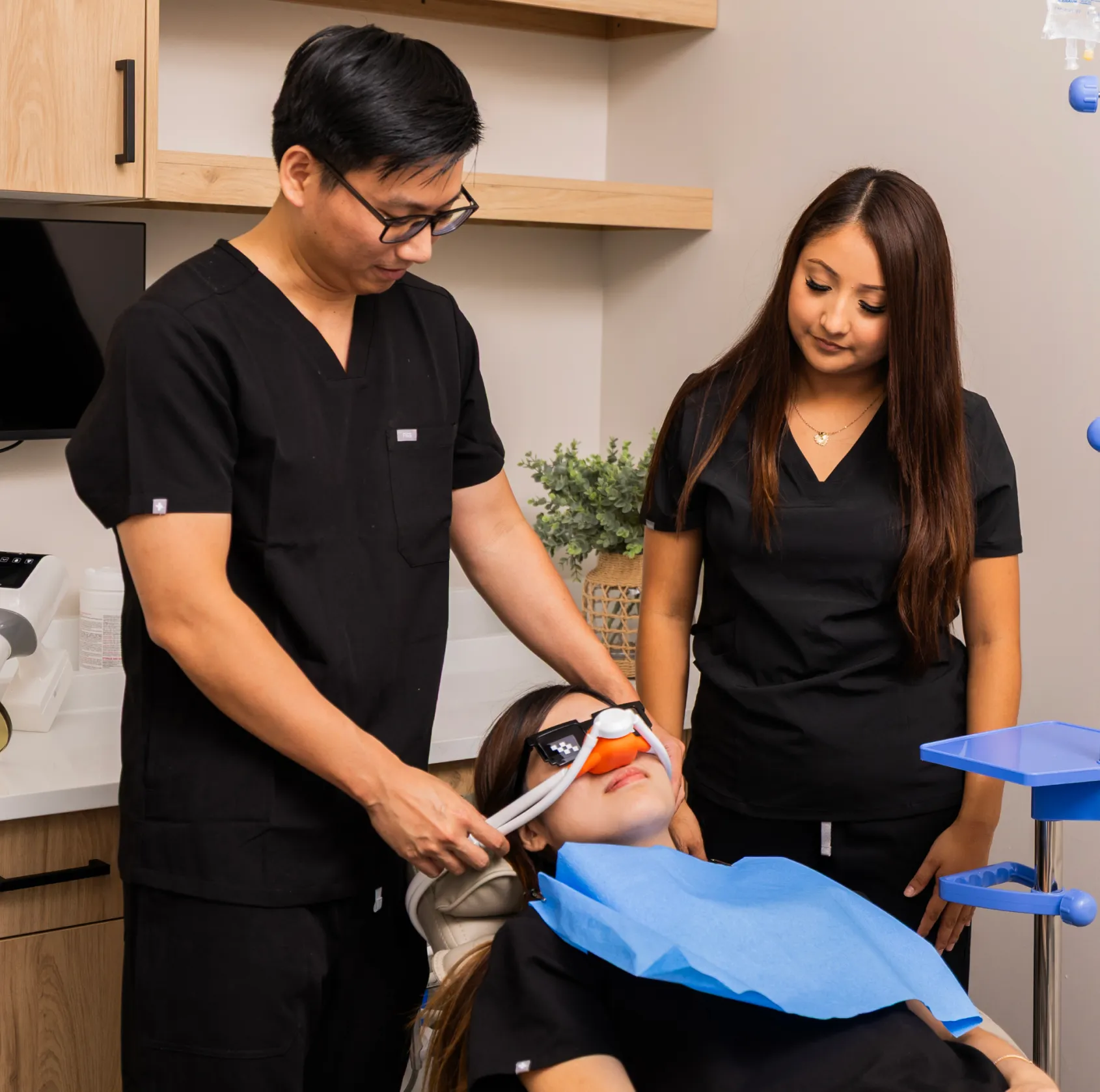
Whether you’re a little nervous or need a deeper calm, we tailor sedation options to keep you comfortable and stress-free.
We offer simple, flexible financing so you can get the care you need without any added stress about payments.

Stick to soft foods like yogurt, applesauce, mashed potatoes, or smoothies for the first few days. Avoid hot, crunchy, or spicy foods that could irritate the healing areas. You’ll be given specific instructions on what to eat and drink to make your recovery as comfortable as possible.
If wisdom teeth are left untreated and they cause problems, they can lead to pain, infection, damage to nearby teeth, or cyst formation. Over time, these issues may require more complex procedures to address.
It’s best to rest for the day after your wisdom teeth are removed, as the sedation and any discomfort can affect your ability to focus. You should avoid strenuous activities for a few days to allow your body to heal properly.
In most cases, stitches are used to close the incisions made during the procedure. These stitches are typically dissolvable, meaning they’ll dissolve on their own over time. We’ll provide you with care instructions for your stitches during your recovery.
If you’ve had sedation or IV sedation, you’ll need someone to drive you home after the procedure. It’s important to arrange transportation before your appointment.
The actual removal of wisdom teeth typically takes 30 minutes to an hour, depending on the complexity of the procedure and how many teeth need to be removed. You can expect to be in the office for about 1–2 hours on the day of the surgery.
After the procedure, you may experience swelling, bruising, and some discomfort, which is normal. You’ll be given detailed aftercare instructions to help you manage recovery. Most people recover in 3 to 5 days, with full recovery taking up to two weeks. We’ll follow up to ensure you’re healing well.
It’s generally best to remove wisdom teeth in your late teens or early twenties before the roots are fully developed and before potential problems arise. However, it can be done at any age if necessary, depending on your oral health.
We offer sedation options to ensure you’re comfortable throughout the procedure. Depending on your needs, we can use local anesthesia, oral sedation, or IV sedation. Most patients experience minimal discomfort and are awake during the procedure. Afterward, any discomfort can usually be managed with over-the-counter pain relievers or prescribed medication.
Wisdom teeth may need to be removed if they’re causing pain, infection, or other dental problems like crowding or misalignment. Removing them early can prevent future complications, such as cysts, tooth damage, or gum disease.



